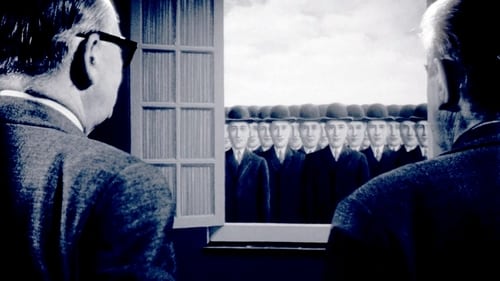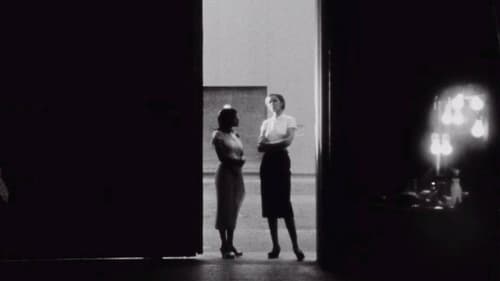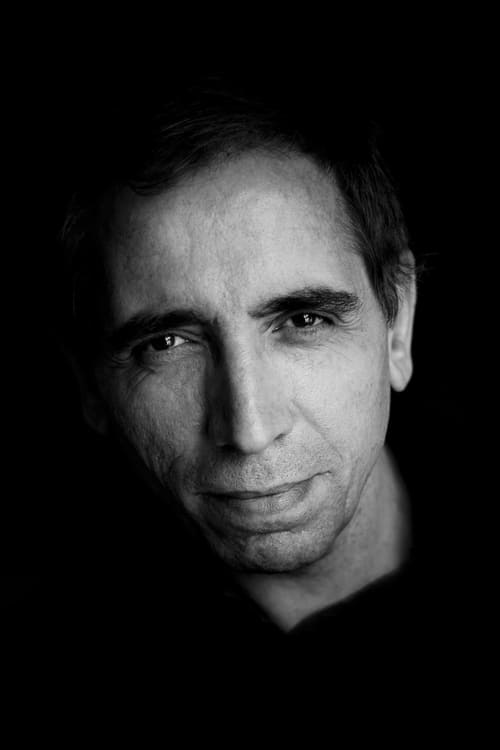Afghan Alphabet (2002)
A documentary by Mohsen Makhmalbaf
Gênero : Documentário
Runtime : 46M
Director : Mohsen Makhmalbaf
Sinopse
Documentary showing the life of children of the Afghan villages bordering Iran, and how their life and culture were affected by Taliban regime.

A dadaist explosion that starts as a typical Hollywood travelogue of Stockholm and ends in the city's total destruction by fire and dynamite. This is a hilarious anarchist film; made by the then unknown Hulten now director of Stockholm's Museum of Modern Art. In a particularly subversive scene, the fire engine, arriving at a fire, goes up in flames.

In "The Soviet Elegy" the long train of photos of the Soviet leaders, dead or alive, stops at the portrait of Yeltsin. At the time of shooting Yeltsin had fallen down from the assembly of the Communist Party deities, and participated in the earthly life through connections of different kinds.

O pintor surrealista René Magritte questiona a realidade objetiva e enfatiza a arbitrariedade da relação entre um objeto, sua imagem e seu nome: a evocação do mistério consiste em imagens de coisas familiares reunidas ou transformadas de tal forma que não se conformam mais com nossas idéias, sejam elas ingênuas ou sábias.

Belgradian parades and everyday street scenes.

Documentary short film showing the production of cars at a Chevrolet factory in the mid 1930s.

Registros urbanos em movimento, filmados de diversos ângulos a partir de um mesmo elevador de vidro, no hotel Fairmont, em São Francisco.

One of Klahr's masterpieces, Altair is an 8 minute collage color -noir culled from late-40s pages of Cosmopolitan, which induces a sense of claustrophobia and dread through its use of Stravinsky's The Firebird.

An expedition leaves Ushuaia for the Antarctic circle. Pierre Huyghe, along with six other artists, is brought aboard Jean-Louis Etienne's boat in search of an uncharted island inhabited by a strange creature. Imprisoned by ice floats, they come across an albino penguin that they capture with their recording station. Six months later, on the Wollman Ice Rink in New York's Central Park -- another sea of ice -- Joshua Cody conducts his orchestral score inspired by the expedition's topographical records.

This film documents the life of a family of brick makers in the outskirts of Bogotá, using the personal experience of the Castañeda family to expose the exploitation of manual laborers. Marta Rodríguez and Jorge Silva worked on this documentary from 1966 to 1972, establishing a relationship with the family which allows the viewer an intimate look at their hardships.

A woman in a Hollywood dubbing studio struggles with race and preconceptions.

WWI comes to a small Serbian village of Kumodraz, disturbing its residents' quiet life.

A Greek documentary by Takis Kanellopoulos about wedding traditions in western Greece and Macedonia. It was filmed in the village of Velvendo.

This labor advocacy film is about diseases plaguing miners in Kansas, Missouri and Oklahoma. Sponsored by the Tri-State Survey Committee, "Men and Dust" is a stylistically innovative documentary and a valuable ecological record of landscapes radically transformed by extractive industry.

Part of the "Through Navajo Eyes" series of seven short documentaries, along with Intrepid Shadows (1966), The Navajo Silversmith (1966), Old Antelope Lake (1966), Second Weaver (1966), The Shallow Well Project (1966), and The Spirit of the Navajos (1966).

A couple is conflicted when they are offered a chance at youth. Based on John Collier's short story “Youth from Vienna”.

Alfred Clah was a Navajo artist from a community outside Pine Springs, AZ. He said: "they making films about things out there, the trading post, things you can see; I'm making films about inside: I like to see scenes that people never expected, the legends, the gods."

This film illustrates the history of the St. Lawrence river. From prehistoric times on, it has been a magnificent source of life. The film covers the impact of humanity beginning with the careful relationship with the Native Americans. This soon changes with the arrival of Europeans who begin the insatiable exploitation that would led to the river's damage, creating a situation that we must resolve for all our sakes.

This short 1966 documentary dedicated "to all victims of intolerance” depicts the dawn of skateboarding in Montreal. A new activity frowned upon by police and adults, skateboarding gave youngsters a thrilling sensation of speed and freedom. This film - the first Canadian documentary ever made about the sport - captures the exuberance of boys and girls having the time of their lives in free-wheeling downhill locomotion.

This spoof of 'Apocalypse Now' has health inspector Will Dullard travelling by car "uptown" with two friends to have a meeting with a certain Mertz, the owner of a meat processing shop, to "investigate with extreme prejudice."






